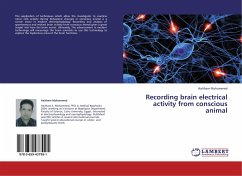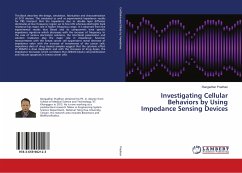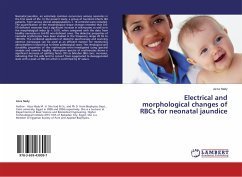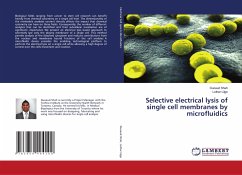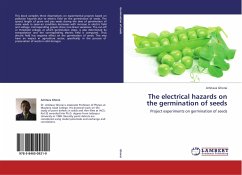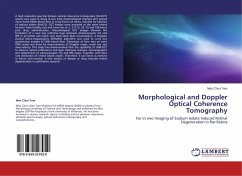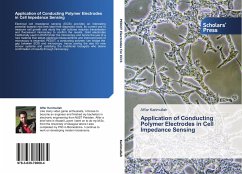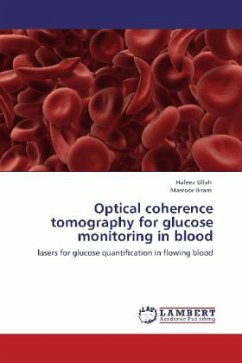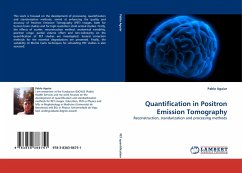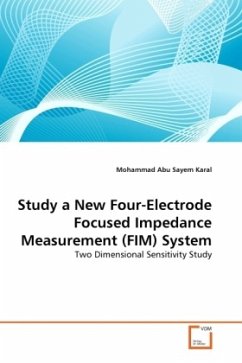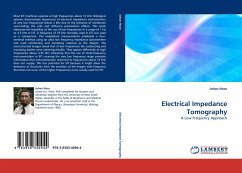
Electrical Impedance Tomography
A Low Frequency Approach
Versandkostenfrei!
Versandfertig in 6-10 Tagen
45,99 €
inkl. MwSt.

PAYBACK Punkte
23 °P sammeln!
Most EIT machines operate at high frequencies above 10 kHz. Biological systems demonstrate dispersions of electrical impedance characteristics at very low frequencies below 2 kHz due to the presence of membrane surrounding the cells and diffusion polarization effects. This book elaborate the feasibility of the use of low frequencies in a range of 1 Hz to 4.5 kHz in EIT. A frequency of 78 kHz normally used in EIT was used as a comparison. The impedance measurements employed a four-terminal method using an ultra low frequency impedance spectrometer and used conducting and insulating material as ...
Most EIT machines operate at high frequencies above 10 kHz. Biological systems demonstrate dispersions of electrical impedance characteristics at very low frequencies below 2 kHz due to the presence of membrane surrounding the cells and diffusion polarization effects. This book elaborate the feasibility of the use of low frequencies in a range of 1 Hz to 4.5 kHz in EIT. A frequency of 78 kHz normally used in EIT was used as a comparison. The impedance measurements employed a four-terminal method using an ultra low frequency impedance spectrometer and used conducting and insulating material as the objects. The reconstructed images reveal that at low frequencies the conducting and insulating bodies were indistinguishable. They appear differently at high frequencies above 4.55 kHz indicating that the use of multi-frequency instrumentation in EIT covering the very low frequency range provides information that instrumentation restricted to frequencies above 10 kHz does not supply. This has potential for EIT because it might allow the detection of structures from the variation of the images with frequency that does not occur at the higher frequencies more usually used for EIT.





